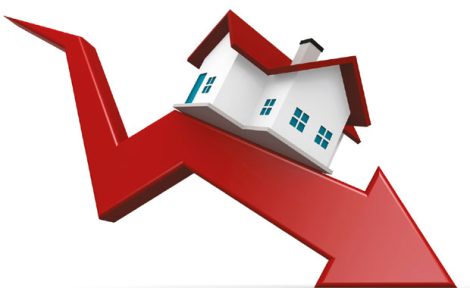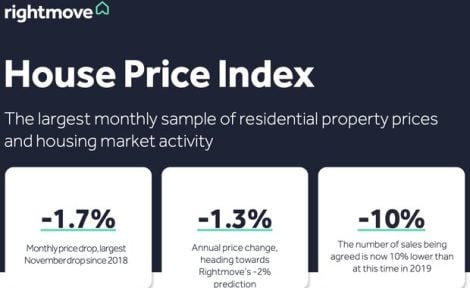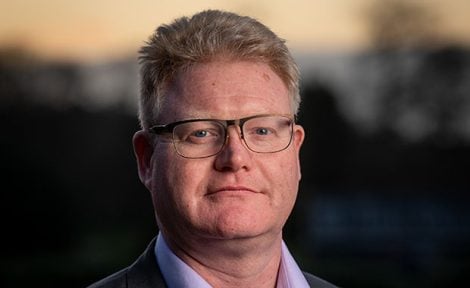MARKET: Gap between asking and sold prices narrows
In a positive sign for agents, the gap between asking and sold prices achieved has shrunk since the lows of the Autumn, says EXP UK.

Properties are selling at an average of 17.4% beneath their original listing price compared to 20% in the aftermath of the ‘Budget of Doom’ in October last year, says EXP UK boss Adam Day (pictured).
While this has been partly due to an increase in the average price paid by homebuyers, there has also been a marginal reduction in the asking price expectations of sellers, suggesting the two are meeting somewhere in the middle in order to get a sale over the line, he claims.
The analysis by EXP UK reveals that the gap has reduced the most in the South West, where the average sold price is 15.9% below the average asking price, down from 21.1% in October 2024. Next is the South East, where the gap closed by 4.3% and in Wales by 3.1%.
London gap narrowest
London is home to the narrowest gap, with the average sold price currently at just 5.6% below the average asking price.
And, at 29.6%, the North East is home to the largest gap, whilst Scotland is the only place in Britain to have seen this gap widen, up from 22.4% to 22.6%.
“This has come largely as a result of a higher sold price achieved, as well as a lower entry point with respect to asking, suggesting that both buyers and sellers have been more willing to adjust their expectations in order to get a deal over the line,” says Day.
The improvements in market health should remain for the long-term.”
“This has no doubt been driven, in part, by the Government’s decision not to extend current Stamp Duty relief thresholds beyond March of this year, and it’s fair to say they’ve done little else to try and stimulate the market to offset the higher costs that buyers face as of 1st April.
“The good news is that the improvements in market health should remain for the long-term and so we should continue to see sellers achieving a good price for their property long beyond April’s Stamp Duty deadline.”









